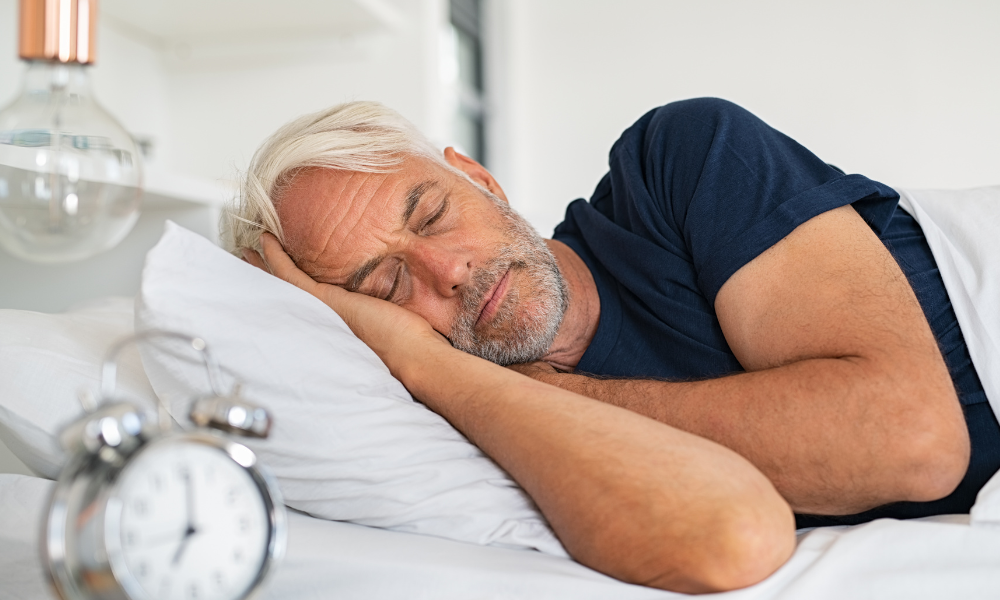Introduction:
Male nighttime incontinence, also known as nocturnal enuresis, is a condition that affects more men than is often recognized. While it can sometimes be considered an embarrassing topic, it is important to understand that this is a medical condition for which treatment is available. In this article, we will delve deeper into the causes, symptoms, and treatments for male nighttime incontinence, with the aim of creating more awareness and understanding of this condition.
Causes of nighttime incontinence in men:
Male nighttime incontinence can have a variety of causes, ranging from physiological factors to underlying medical conditions. Some common causes include:
-
Overactive bladder: An overactive bladder can cause men to urinate more often at night, which can lead to incontinence.
-
Prostate Problems: Enlarged prostate, prostate cancer, or prostate surgery can affect urine flow and cause incontinence.
-
Neurological conditions: Damage to the nerves that control the bladder, such as in diabetes or multiple sclerosis, can cause incontinence.
-
Medication: Some medications can have side effects that cause incontinence, especially if they have diuretic effects.
Symptoms of nighttime incontinence in men:
Recognizing the symptoms of male nighttime incontinence is essential for timely diagnosis and treatment. Some common symptoms include:
- Involuntary loss of urine during sleep
- Frequent urge to urinate at night
- The feeling of not being able to completely empty the bladder
- Urine leakage when coughing, laughing or lifting
- The use of incontinence material to absorb urine loss
Treatments for male nighttime incontinence:
Fortunately, there are several effective treatments available for male nighttime incontinence. The right treatment depends on the specific cause and severity of the condition. Some common treatment options include:
-
Medication: For men with an overactive bladder, medications may be prescribed to calm the bladder and reduce the urge to urinate.
-
Physical Therapy: Pelvic floor training can help men improve bladder control and reduce urine leakage.
-
Surgery: In some cases, such as prostate problems, surgery may be necessary to correct the underlying cause of incontinence.
-
Lifestyle changes: Avoiding caffeine and alcohol, managing fluid intake before bed, and emptying the bladder regularly can all help reduce nighttime incontinence.
Conclusion:
Male nighttime incontinence is a common but treatable condition that can have a significant impact on men’s quality of life. By better understanding the causes, symptoms, and treatments, men can take the right steps to effectively manage this condition and improve their well-being.



















